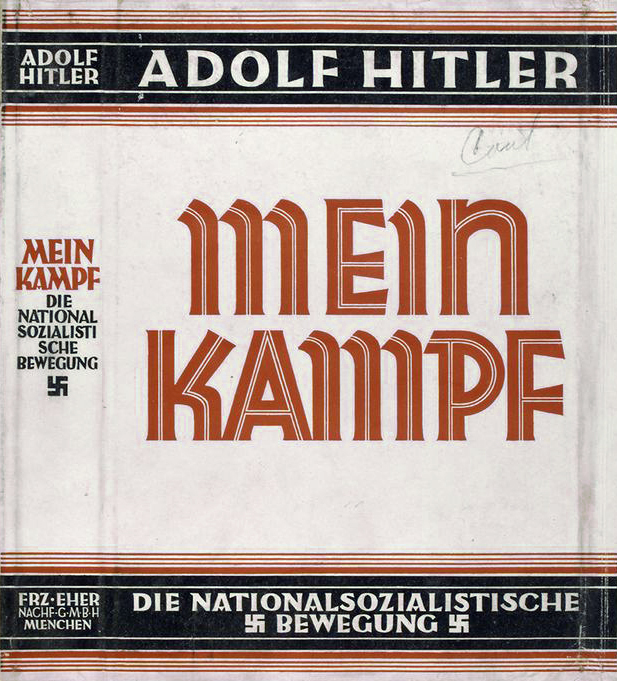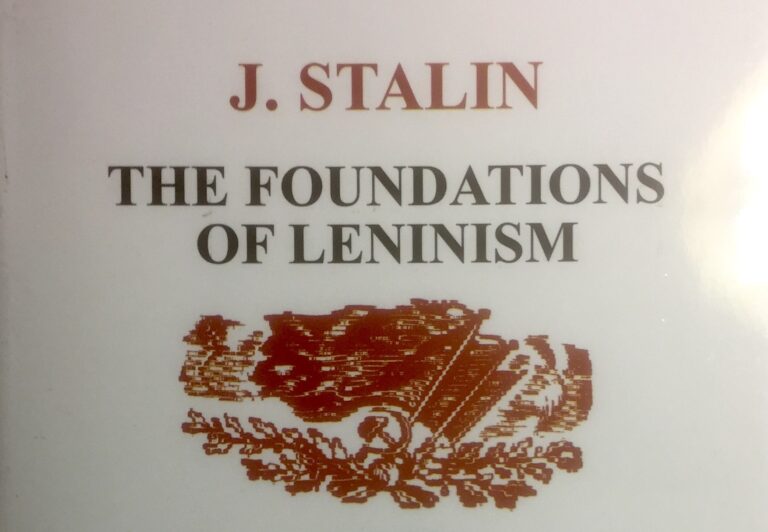Inside the mind of the tyrant: What did Hitler truly believe? Summary of the book Mein Kampf
A summary of Mein Kampf – the disturbing manifesto where Adolf Hitler reveals the roots of his ideology, his hatred, and his vision for a racially-driven empire.
Mein Kampf by Adolf Hitler
Title: Mein Kampf (My Struggle)
Author: Adolf Hitler
First Published: 1925 (Volume I), 1926 (Volume II)
Language: Originally German
Genre: Political Autobiography, Ideological Manifesto
Introduction
Mein Kampf is a controversial and historically significant work written by Adolf Hitler during his imprisonment in 1924, following the failed Beer Hall Putsch. The book outlines Hitler’s political ideology, his views on race, nationalism, propaganda, and his vision for Germany’s future. It is divided into two volumes:
- Volume I: Autobiographical insights and ideological foundations.
- Volume II: Detailed political program and strategy.
While Mein Kampf is a key document in understanding the rise of Nazism, it is universally condemned for promoting hate, racism, and totalitarianism. It is studied today not for endorsement but to understand the roots of one of history’s darkest periods.
Volume I: A Reckoning (1925)
1. Early Life and Formative Years
Hitler recounts his childhood, his struggles as an artist in Vienna, and how he developed strong nationalist and anti-Semitic views. His time in Vienna, where he encountered multiculturalism and poverty, shaped much of his later ideology.
2. Political Awakening
After moving to Munich, Hitler joined the German Workers’ Party (which became the Nazi Party). He describes his hatred for Marxism, liberalism, and parliamentary democracy, which he believed weakened Germany.
3. Racial Theory and Anti-Semitism
A central theme in Volume I is Hitler’s belief in racial hierarchy. He introduces the concept of the “Aryan” as the superior race and portrays Jews as the root of Germany’s decline, accusing them of manipulating politics, the press, and finance.
Volume II: The National Socialist Movement (1926)
1. The Role of Propaganda
Hitler argues that effective propaganda must be emotional, repetitive, and simple. He blames Germany’s defeat in World War I on poor propaganda and internal enemies (particularly Jews and Marxists).
2. Party Organization and Leadership
He emphasizes the need for a tightly organized political movement led by a single, strong leader — a Führer. Hitler advocates for discipline, loyalty, and ideological purity within the party ranks.
3. Lebensraum (Living Space)
One of the most dangerous ideas in the book is the concept of Lebensraum, the belief that Germany needed to expand eastward (mainly into Russia and Eastern Europe) to secure resources and land for its people.
4. Anti-Democratic Sentiment
Hitler harshly criticizes democracy and parliamentary systems, claiming they foster indecision and weakness. He calls for the replacement of democratic institutions with a strong, authoritarian regime based on racial unity.
Core Ideological Pillars of Mein Kampf
- Extreme Nationalism: Rebuilding German pride after WWI.
- Militant Anti-Semitism: Jews portrayed as internal enemies.
- Racial Purity: Aryans seen as superior; calls for racial cleansing.
- Anti-Marxism and Anti-Liberalism: These ideologies are portrayed as threats.
- Authoritarian Leadership: Belief in the absolute power of a strong leader.
- Expansionism: Justification of war for territorial conquest.
Ethical and Historical Context
Reading Mein Kampf today requires great care. It is a book filled with hate, falsehoods, and toxic ideology. However, it is also a window into the mindset that led to one of the deadliest regimes in history. As such, it is a valuable document for historians, political scientists, and educators aiming to understand how dangerous ideologies take root and spread.
Conclusion
Mein Kampf is not a book that offers wisdom, but it provides disturbing insight into the birth of a political nightmare. Understanding its content allows modern readers to recognize warning signs of extremism and the importance of resisting hate, propaganda, and authoritarianism in all its forms.


